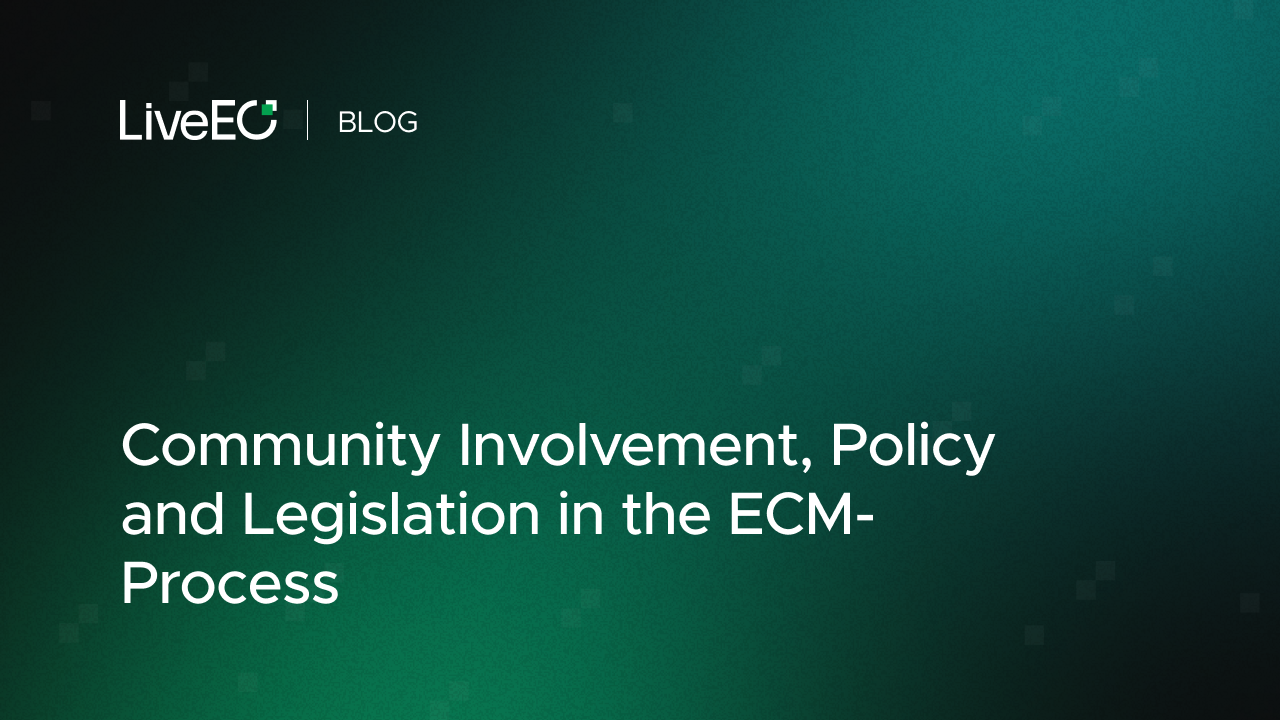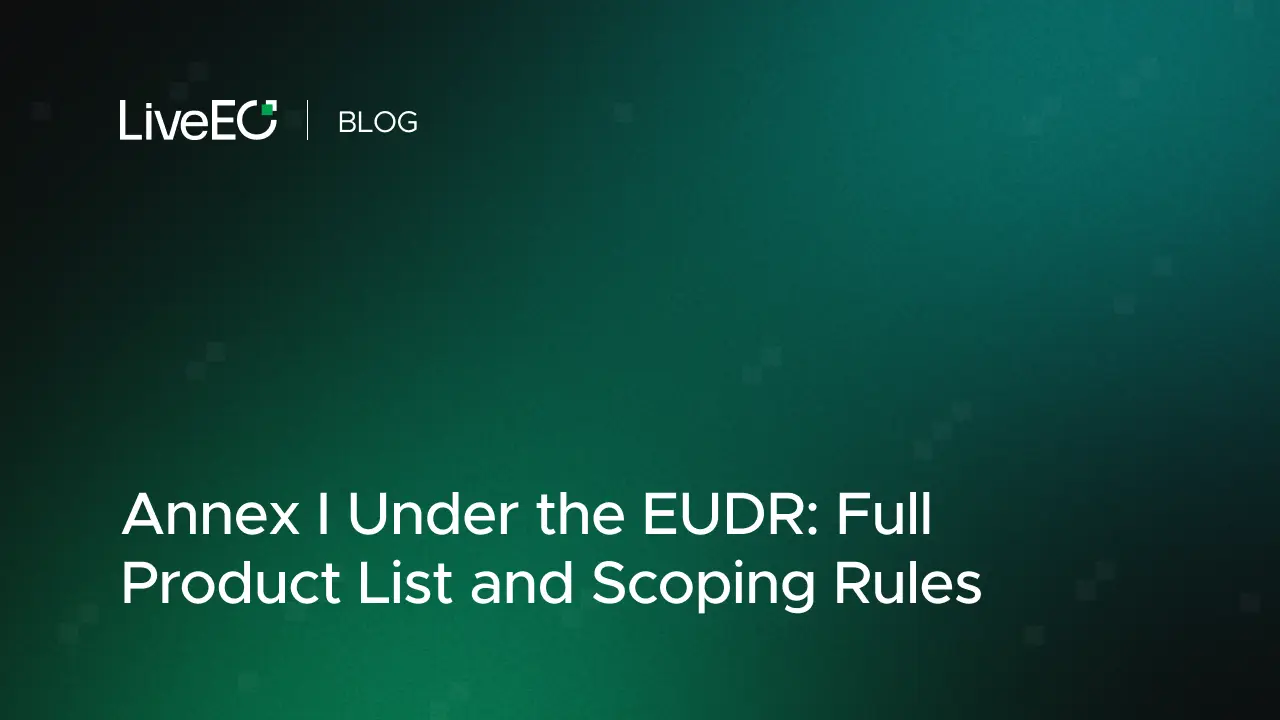The European Union's Deforestation Regulation (EUDR) represents a pivotal step in global environmental governance, targeting the reduction of deforestation and promoting sustainable trade.
Malaysia, a significant exporter of commodities like palm oil, finds itself at the crossroads of new trade regulations and environmental stewardship.
This expanded article delves into the EUDR's implications for Malaysia, detailing how it navigates these new regulatory waters.
The European Union Deforestation Regulation (EUDR) Explained
The EUDR enforces stringent trade practices to prevent deforestation.
It encompasses commodities known to impact forests, such as palm oil, which is central to Malaysia's export economy. The regulation mandates that these commodities must not originate from deforested land post-2020, with obligations extending to due diligence and traceability.
Read also: Achieving EUDR Compliance: A Guide to Deforestation Data Sources
EUDR and Malaysia’s Main Exports
As a global palm oil powerhouse, Malaysia's response to the EUDR is of international interest. The country's commitment to sustainable practices, reflected in initiatives such as the Malaysian Sustainable Palm Oil (MSPO) standard, resonates with EUDR's objectives.
However, the potential classification of Malaysia as a 'high-risk' deforestation market poses challenges that require strategic navigation.
What Does EUDR Mean for Malaysia?
The EUDR ushers in a new era of accountability for Malaysia's primary exports. Malaysian businesses are tasked with evidencing deforestation-free operations and must embed due diligence throughout their supply chains.
Critically, Malaysia is actively engaging with the EU to ensure that EUDR implementation considers the significant efforts already made in sustainable agricultural practices.
Read also: 28 EUDR Definitions You Need to Know
Compliance with EUDR:What It Entails
For Malaysian enterprises, EUDR compliance necessitates robust due diligence systems to validate deforestation-free products. This includes:
{{inline}}
- Detailed risk assessments and mitigation strategies.
- Provision of geolocation data to substantiate the origin of agricultural produce.
- Comprehensive annual reporting on due diligence systems and practices.
Malaysia's progress in reducing primary forest loss, as reported by the Global Forest Review Forest Pulse, underpins its compliance narrative, demonstrating tangible results that align with EUDR's requirements.
Check also: How to Comply with EUDR Requirements Using Your Existing Supply Chain Systems
Preparing for the Impact of EUDR
As Malaysian industries brace for the changes ushered in by the EUDR, the integration of regulatory compliance, corporate sustainability, and environmental stewardship into business practices becomes paramount. To navigate these requirements effectively, businesses must invest in technologies that aid in achieving sustainable production, traceability, and supply chain transparency.
This is where solutions like LiveEO's AI-powered compliance software come into play. Leveraging advanced geospatial analytics, LiveEO's platform can be instrumental for businesses in Malaysia to monitor their supply chains, ensure deforestation-free sourcing, and maintain the traceability of commodities from origin to market.
By adopting such technologies, companies can not only streamline compliance with EUDR mandates but also enhance their operational efficiency and environmental accountability.
Conclusion
The enforcement of the EUDR marks a significant turning point for Malaysia, demanding concerted efforts to align its agricultural exports with global environmental objectives.
By adopting and promoting sustainable practices, Malaysia not only positions itself to comply with international regulations but also contributes to the collective goal of environmental sustainability.
In this evolving scenario, the nation's ability to balance economic growth with ecological integrity will set a precedent for global trade and environmental policy.









